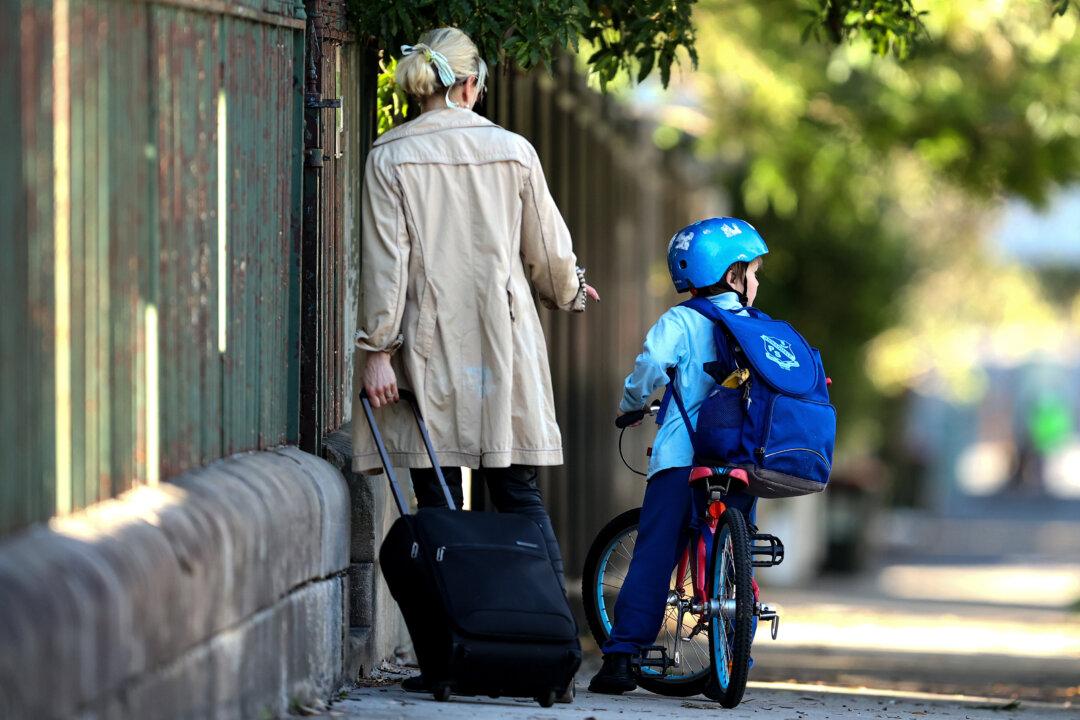The Labor government’s 12 percent superannuation payment for new parents is wrestling with another hurdle as the opposition moved new amendments.
In August, Albanese government introduced the bill to offer superannuation on top of paid parental leave, saying it would help reduce the gender gap in retirement savings.





